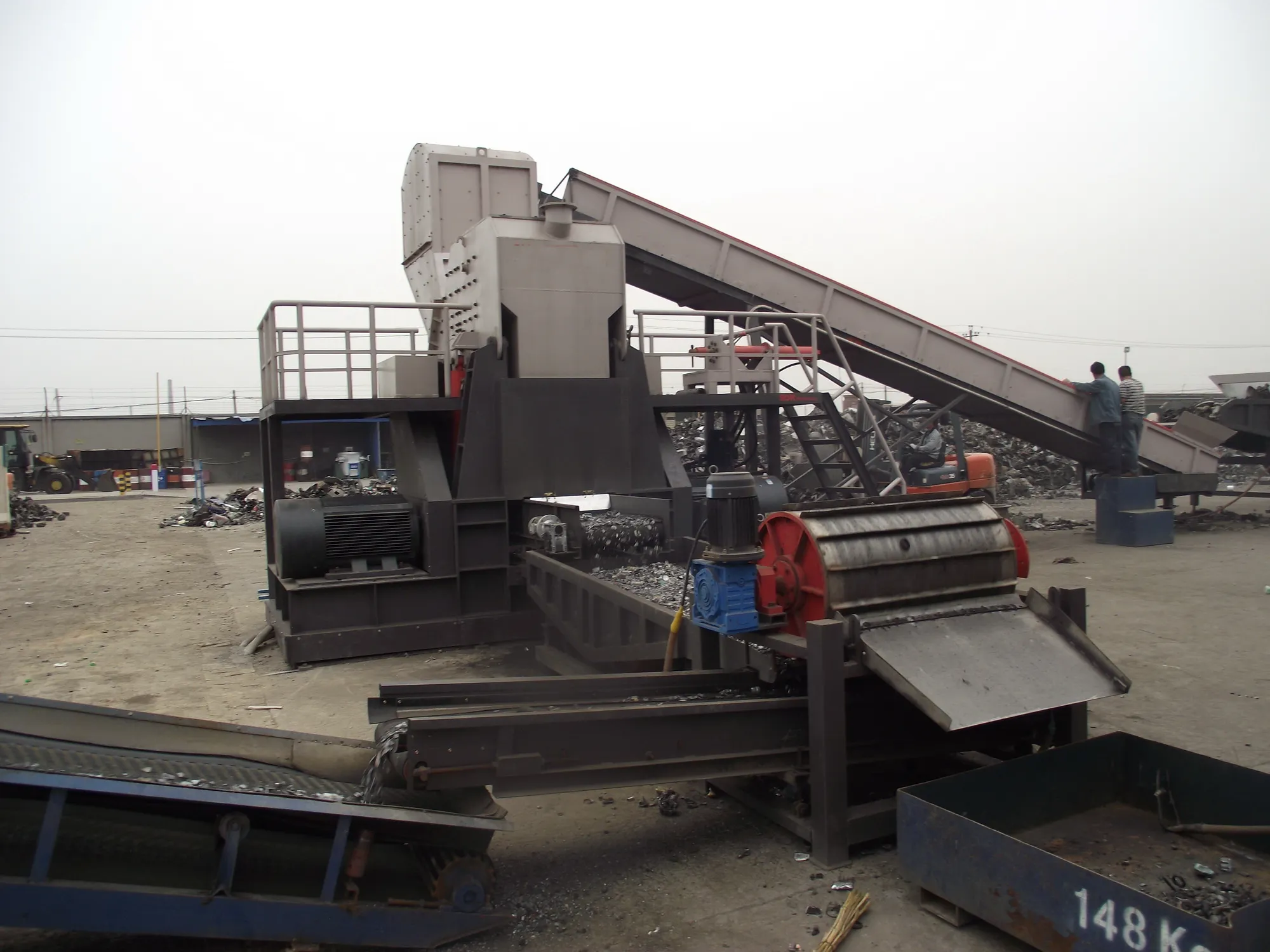

nov . 12, 2024 18:21 Back to list
The Importance of Metal Recycling Plants
In an age where environmental sustainability is becoming increasingly crucial, the role of metal recycling plants has gained significant attention. These facilities are not merely processing units; they are essential components of a circular economy that conserves resources and reduces waste. This article explores the importance of metal recycling plants, their operational processes, and the benefits they offer to both the environment and the economy.
The Need for Metal Recycling
Metals are among the most recycled materials globally. Unlike many other materials, metals can be recycled indefinitely without degrading their quality. As the demand for metal continues to rise, driven by industries such as construction, automotive, and electronics, the need for effective recycling methods becomes more pressing. Mining new ores not only depletes natural resources but also causes significant environmental damage, including habitat destruction and pollution. Metal recycling plants address these issues by providing a sustainable solution to metal recovery.
How Metal Recycling Plants Operate
Metal recycling plants operate through a systematic process that involves several key steps collection, sorting, shredding, and processing
.1. Collection The first step in the recycling process involves the collection of metal waste from various sources, including households, industries, and construction sites. This material often includes scrap metal, discarded appliances, and automotive parts.
2. Sorting Once collected, the metal waste is sorted based on type and quality. This step is crucial because different metals have different recycling processes and market values. Advanced technology, such as magnetic separators and eddy current separators, is often used to enhance the sorting process.

3. Shredding After sorting, the metals are shredded into smaller pieces. Shredding makes it easier to process large volumes of metal and prepares it for melting. This step also increases surface area, which helps in achieving a more efficient recycling process.
4. Processing The shredded metal is then melted down in large furnaces. During the melting process, impurities are removed, and the resulting molten metal is poured into molds to form new metal products. This step not only transforms waste into valuable materials but also significantly reduces the energy required compared to mining and refining new metals.
Environmental and Economic Benefits
The benefits of metal recycling plants extend beyond mere waste management. Environmentally, recycling metals significantly reduces greenhouse gas emissions, conserves energy, and lessens the environmental footprint associated with traditional mining practices. For instance, recycling aluminum saves about 95% of the energy needed to produce new aluminum from ore.
Economically, metal recycling plants create jobs, stimulate local economies, and contribute to the manufacturing industry by providing a steady supply of raw materials. The demand for recycled metals is robust, and as industries prioritize sustainability, metal recycling continues to grow as a viable business model.
Conclusion
As our society progresses towards a more sustainable future, the significance of metal recycling plants cannot be overstated. They play a critical role in reducing waste, conserving natural resources, and minimizing environmental impact. By embracing metal recycling, we can help pave the way for a circular economy that benefits future generations. The transition towards increased recycling not only necessitates advancements in technology and infrastructure but also requires a collective commitment from individuals, communities, and industries alike. In promoting the principles of recycling, we can ensure a healthier planet and a more sustainable economy.
Latest news
Troubleshooting Common Eddy Separator Problems
NewsJul.04,2025
The Role of Metal Recycling Plants in Circular Economy
NewsJul.04,2025
The Impact of Recycling Line Pickers on Waste Management Costs
NewsJul.04,2025
Safety Features Every Metal Shredder Should Have
NewsJul.04,2025
How Industrial Shredders Improve Waste Management Systems
NewsJul.04,2025
How Cable Granulators Contribute to Sustainable Recycling
NewsJul.04,2025